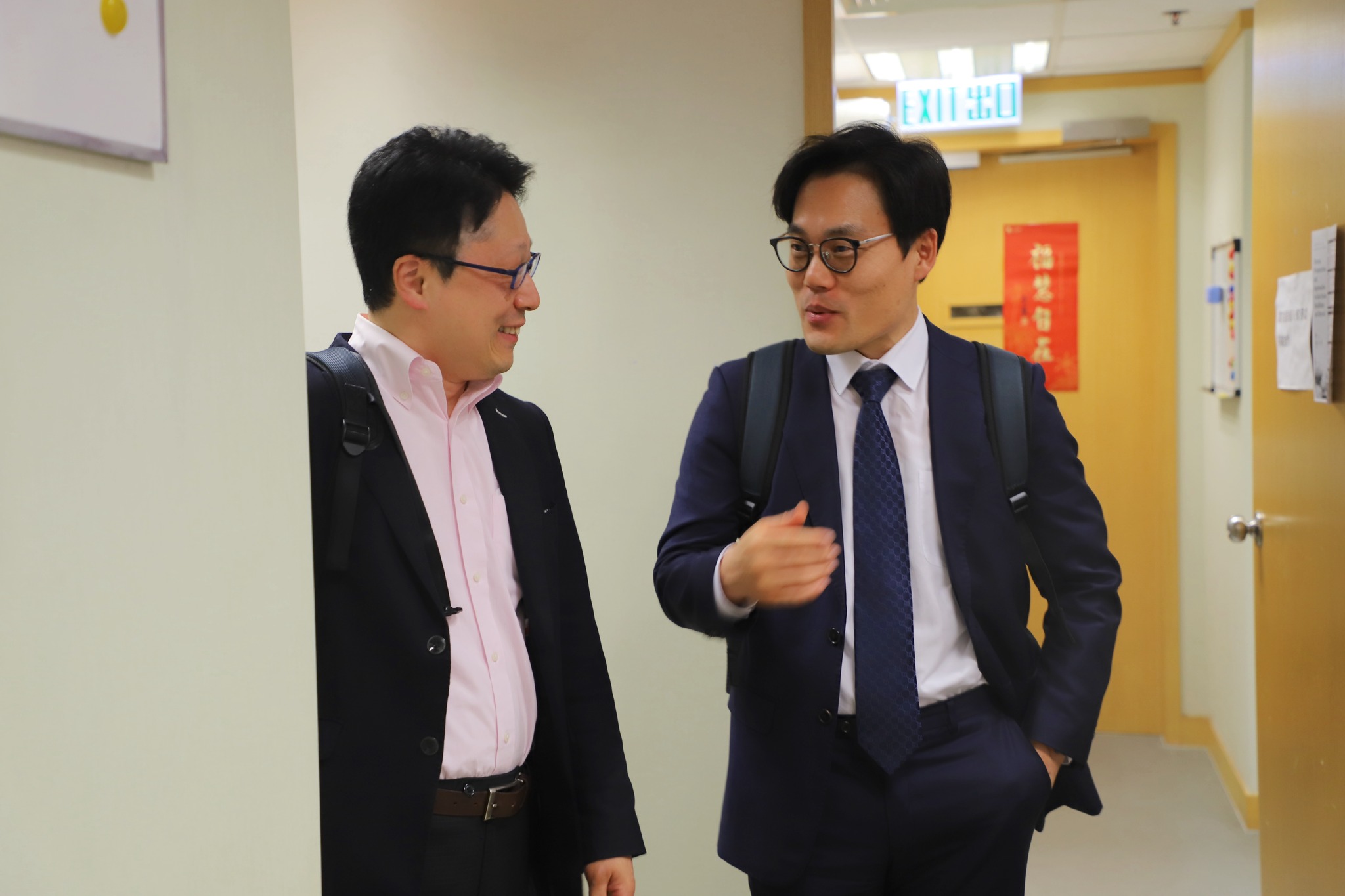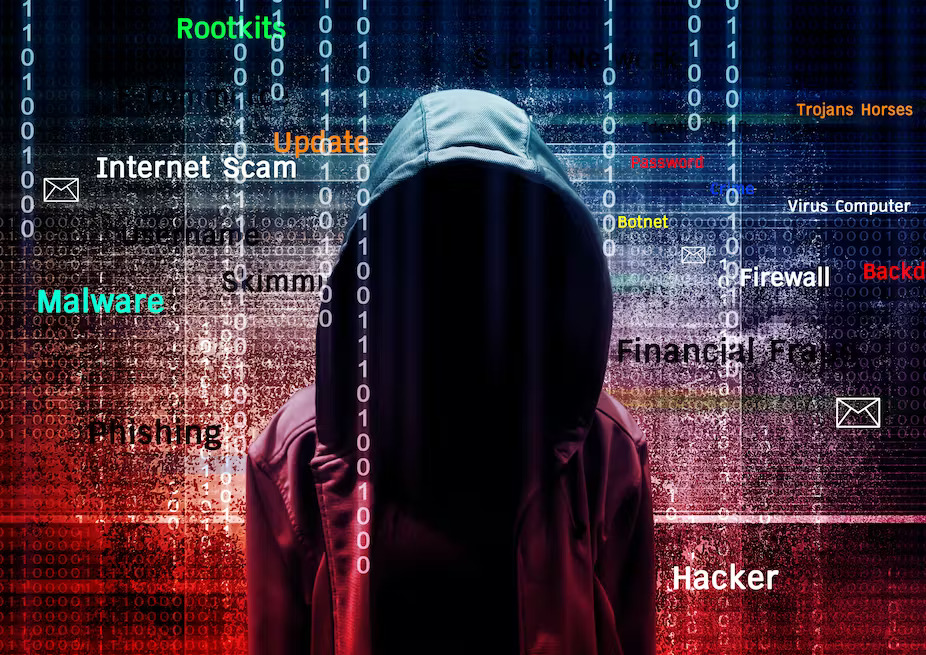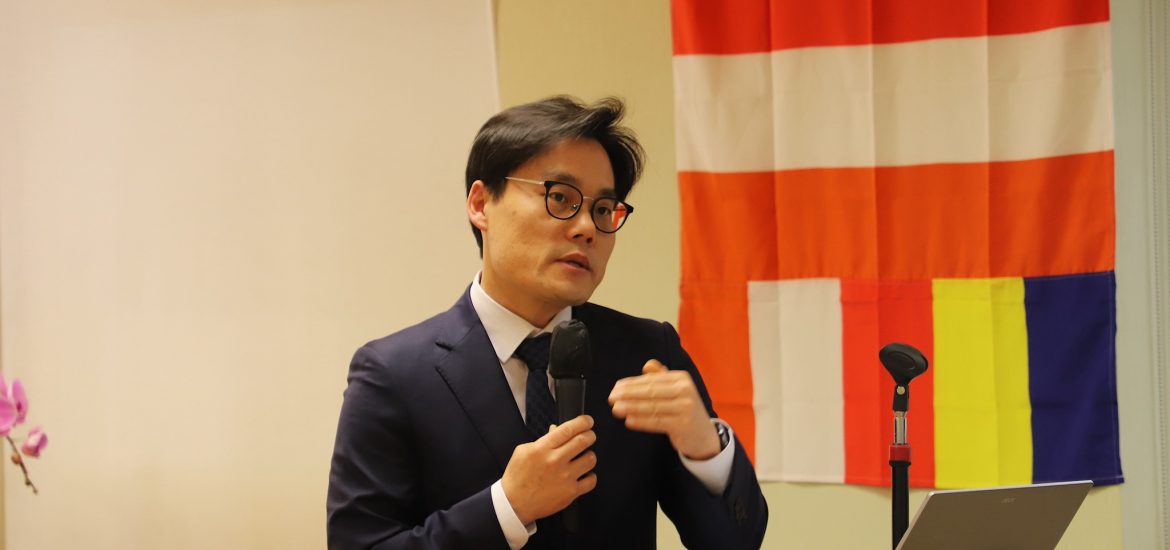In 1995, Buddhistdoor Global was founded with the foresight that information consumption would rapidly move from print to the online world. At the turn of the 2000s, there was a sense among Buddhist leaders and writers that Buddhism needed to become a responsible stakeholder of the Internet, where the message of the Dharma could (hopefully) influence online interaction toward a more positive, enlightened direction. Since that now-distant period, the Internet has undergone multiple revolutions. It has given birth to the distinct realm of cyberspace, which is the next frontier in ethical and moral reflection for Buddhists. Also of note are the increasing use of Buddhist AI chatbots, such as NORBU, and the fact that the rise of these chatbots for religious purposes will redefine online (and even offline) spirituality.
Dr. Song Chong Lee is an associate professor in the Department of Religious Studies at Seoul National University. While in Hong Kong for a conference at the Buddha-Dharma Centre (BDCHK) on 24 June, he gave one of the symposium’s most original and insightful speeches. It was titled “Mahayana Ethics for Cyberspace,” and presented a Buddhist-informed guide to navigating what I like to call the age of “digital dominion.” Dr. Song sees cyberspace as the next frontier of ethics because it is an inherently ethical entity and produces “augmented karma” in scope, scale, and impact.
Dr. Song’s article is an unpublished work in progress, so I will keep quotations to a minimum. But his rationale for augmented karma is worth quoting in full.
It [cyberspace] is often used interchangeably with the Internet, where information is stored, exchanged, and used to facilitate online communication. However, cyberspace has more to offer than just instrumental value. Spinello suggests that cyberspace is an infrastructure that contributes to the creation of a new social and economic order characterized by global connectivity and decentralization of authority.
*
Despite being a non-physical realm, cyberspace is a real space with ontological boundaries that enable the formation of new selves, personal identities, and personhoods, which are recognized and interrelated for various social activities through online interactions. People can create new identities, make friends, conduct businesses, engage in conflicts, and even experience physiological and sociological consequences, such as physical harms or death. As the usage and presence of people in cyberspace continue to increase, the functional similarities between cyberspace and the physical world make this new space as real as our physical lives. It is no longer a passive space where people can only observe and upload information, but an active space where netizens (Internet users) consciously connect with the world and have a tangible physical, moral, and spiritual impact.
*
(Song 2023, 2 – 3)

Dr. Song first points out that Buddhism has always evolved according to the needs of the age, from ancient India to medieval China to globalized modernity. Now that cyberspace resembles so much of real life – including the flourishing of socio-economic activities (gaming is a larger industry than entertainment and sports, and e-commerce, virtual currency, and other online-only economic phenomena are utterly dominant) – Buddhist thinkers and leaders should see cyberspace as a new ethical entity that projects the moral agent into a realm in which the agent’s deriving properties do not always represent the physical self of the offline world and their normal ontological properties.
Real Space, Multiple Selves in Cyberspace
The fragmentation of the conventional, IRL self into multiple conventional selves (Song 2023, 4) is a fact of daily life now, especially for Gen Z’ers that have grown up with smartphones and mobile technology. An account with a distinct personality on a Discord server, a range of characters with items and possessions of real monetary value across games, alternate personas that are completely natural for most young people today. New selves are constantly being created, and cyberspace has turbocharged this. Traditionally-minded generations (the “boomers”) would have assumed that these selves should all be subordinated to the conventional, offline self that appears on our legal documents, like our passport, birth certificate, or driver’s license. This is simply not how many people think now. Some even see their online selves as more comfortable, natural, and therapeutic than their offline selves.
No-self and emptiness are therefore core rubrics that indicate a great need for the bodhisattva ethics. We experience an “altered reality” through unconsciously or intentionally embodying multiple selves (1). Song argues that emptiness is the insight that opens up new ways of being, and that while much of the cyberspace experience can be no doubt disconcerting, stressful, and even dangerous, reflections on Buddhist ethics can provide a framework to engage positively with cyberspace . . . and, in turn, become a better cyber-citizen.
Cyber-karma is a thing in this brave new world, with the difference being that in contrast to offline karma, cyber-karma can often result in immediate maturation. As Song says, “The karmic impact of the cyber-self is felt instantaneously, unlike in the real world where one must wait for karma to mature and bear fruit” (9). This can refer to not only social media posts, instant messaging, or doxing, but also viruses, hacking, and much more.

A “pro-social” bodhisattva’s approach to cyberspace?
Even when traditional Buddhist leaders approach the topic of cyberspace, this new space is seen almost like a necessary evil, wherein Buddhism moves into as a “skilful means” (upaya) to engage the future generations. I have even observed older monastics projecting a bonus dose of scepticism about the inherent good of cyberspace – surely meditation is a better use of one’s time? But Dr. Song gives us pause by presenting a more positive attitude to cyberspace. Engaging in virtual realms actually gives a bodhisattva a new kind of training ground: to utilize a new and free range of identities and connect with countless people.
With these virtual identities, we can literally become more than our offline selves, which we ironically mistake for being more “real” than our online selves – a questionable (even if conventionally useful) assumption. In cyberspace we are able to transcend our everyday affiliations, from nationality to geography, but also re-imagine our moral responsibilities (10). The last exercise in moral expansion is in stark contrast to how many people feel their world shrinking or stagnating when chronically online.
Overall, “augmented karma” undergirds an entirely more positive approach to cyberspace: if bad karma can be augmented, so can good karma. It can be an even better environment for the practice of the Six Perfections (10). “Augmented” simply means the potential for ethical actions, wholesome or unwholesome, to have their moral implications extended. Cyberspace therefore calls for the “deepest compassion and the widest care” (11), the ultimate objective and relational scope of the Buddhist. This relational scope is expanded infinitely through practice of emptiness, which helps us transcend identities without rejecting them.
With various conceptual frameworks hence equipped, Dr. Song believes that the ten bodhisattva precepts “gain heightened significance in the domain of cyberspace, where individuals are more interconnected than ever before, instantaneously influencing one another. By exploring these precepts, we can navigate the complex dynamics of cyberspace and harness its potential for positive transformation” (1). His initial ideas below (and not in exact order), while still being shaped, are innovative and inspiring for our brave new world of “complete cyberspace.” Below are only a few examples.

Non-killing: Within cyberspace, people can experience a certain moral detachment, asserts Song. “The absence of physical contact and the shield of digital identities, domain names, and other digital elements can lead to a diminished sense of accountability. As a result, individuals may feel morally numb, forgetting the profound impact their intentions and actions can have on others.” (11–12)
Non-stealing: “While stealing in the physical reality is tangible and visible, often involving a direct violation of personal space and resulting in immediate impacts and legal consequences, the moral sensitivity in cyberspace tends to be numbed. For instance, actions like unauthorized access, use, or reproduction of digital information, such as data, files, or intellectual property, are intangible in nature. The level of deception involved and the scale of consequences can be also unpredictable and vast. The anonymity and distance provided by the online environment often serve as justifications or rationalizations for these criminal acts. While stealing in the physical reality is considered a violation against individuals and entities associated with human ownership, the Bodhisattva rule embraces different dimensions of stealing that are more applicable to cyberspace.” (13)
Non-sexual misconduct and selling intoxicants: “Due to the anonymity provided without actual personal encounters, the types of inappropriate sexual misconduct, the locations where misbehaviors and crimes occur, and the severity of sexual violence surpass what is considered comprehensible. These environments include social media platforms, messaging apps, and online forums, where unconventional forms of misconduct occur, such as online grooming, non-consensual sharing of intimate images, and cyber harassment leading to sextortion.” (12)
Non-lying: Through social media postings, we contribute to the shaping of public opinion by occasionally propagating falsehoods and misleading information. This has been acknowledged in a self-conscious, ironic way by netizens themselves through memes and other forms of easily replicated humor. “Therefore,” as Song writes, “in the realm of cyberspace, our simple lie is never truly personal. Once posted online, it instantaneously assumes a social, large-scale, and global dimension. What strongly resonates with the bodhisattva precepts is the recognition that lying extends beyond conveying false information to others about facts or reality. It involves allowing and even amplifying lies within our social network and community.” (14)

Non-speaking ill of others/not circulating harmful speech: There is an interconnected nexus of morality between the precept against killing and the precept against harmful speech. In our febrile political context of fake news and disinformation, ill intentions or hastily-drawn conclusions can lead to forums, social media, or other platforms urging violence based on completely misleading or untrue information (12). Negatve karmic consequences of online harmful speech, as Dr. Song stresses, are “far-reaching, impactful, enduring, and severe.” Already before the dominance of social media, cyberbullying, trolling, hate speech, and harassment were already major concerns. But now it is easier than ever to instantly reach a wide audience. Such content can be accessed and archived anywhere, anytime. The harm inflicted online can be harder to repair, given their near-permanent record.
In his conclusion, Dr. Song argues that the traditional markers of selves are breaking down – or at least, they become more malleable once cyberspace comes into the picture (16). The highest way of looking at cyberspace therefore becomes working with emptiness: to open up our ontological imagination and expanding our sense of responsibility and community (17). Religious explorations of AI and the age of digital dominance tend to be tinged with caution, trepidation, and even distrust.
Dr. Song’s thesis provides an intriguing counterbalance to this sentiment, “universalizing” the bodhisattva vows in a way that the offline world is physically incapable of doing. All this requires a reconditioning of our own habitual mindsets, but if we are willing to put in the hard work, cyberspace need no longer seem like the bogeyman of cyberpunk science fiction. Computers and cyberspace need not be seen as immoral or unethical, because we as human beings will have made them profoundly moral entities.
There is every chance that cyberspace can be an even better environment for practicing the Six Perfections (10). Not only are there many ways to do good online, such as by donating money easily, cyberspace is more addictive and antagonistic, presenting bigger moral challenges that people can test their and train their moral capacity. What is needed more than ever is the right resources and tools for everyone, across the generations, to do so.
See more
Remember when NFTs sold for millions of dollars? 95% of the digital collectibles may now be worthless. (Business Insider)
Related blog posts from BDG
Eye on Southeast Asia: NORBU, Neural Omniscient Robotic-Being for Buddhist Understanding
Diverse Perspectives and Approaches to East Asian Buddhism and Beyond
The Buddha-Dharma Centre of Hong Kong’s First International Conference


